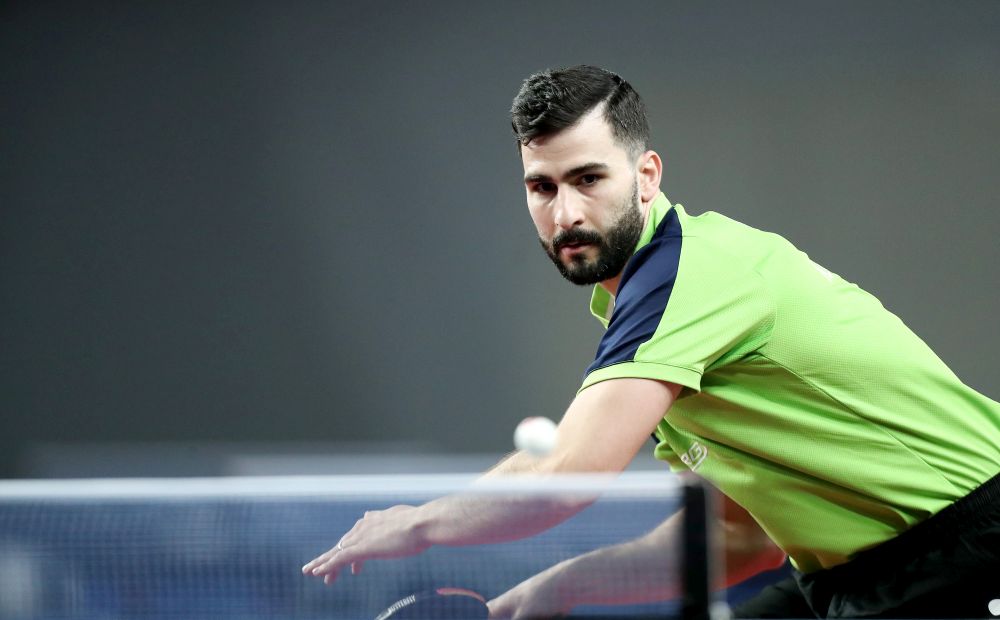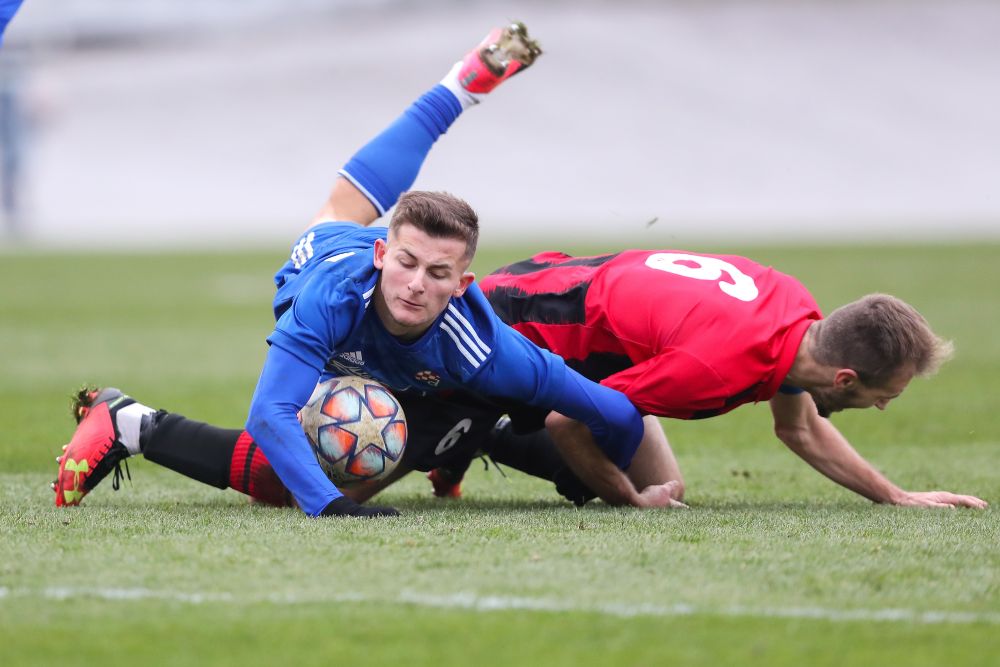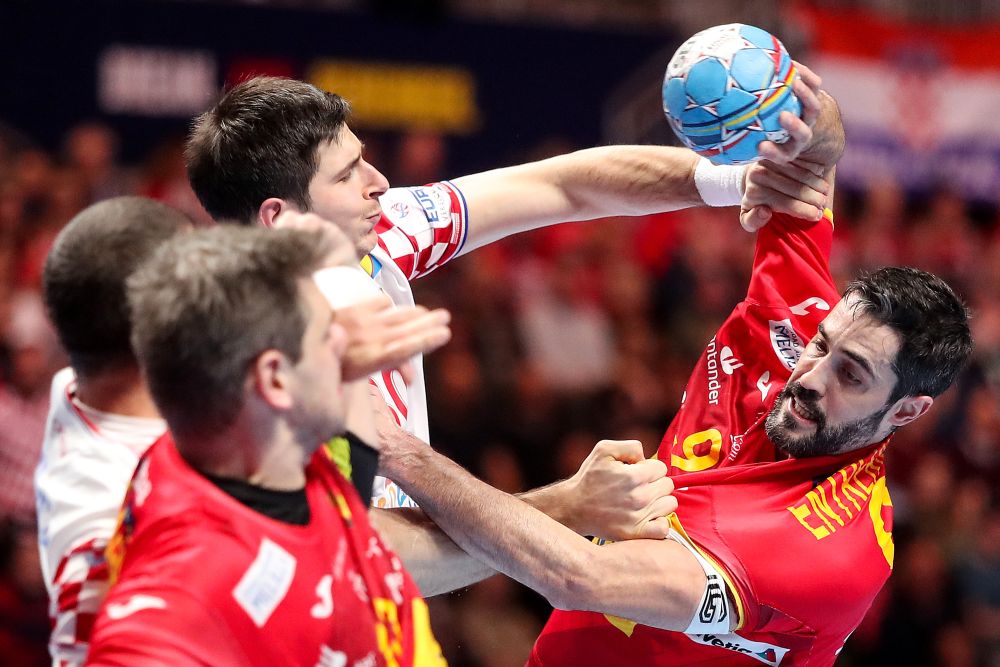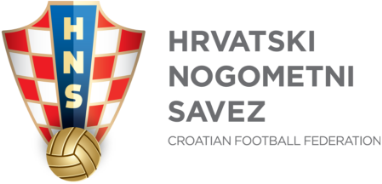Several countries have received a significant boost from their success at the Olympic Games in Paris. Azerbaijan, for instance, secured two gold medals thanks to Hidayat Heydarov and Zelym Kotsoiev. Judo in Azerbaijan had already been at a top level across all age categories due to years of good policies and investments. Talent is well-utilized, though it's clear that the lower levels of the pyramid don't always reach the top. However, the top of the pyramid is now setting the tone in several relatively new judo countries.
Kazakhstan had never won gold in judo at the Olympics before, but Yeldos Smetov secured the title on the first day of the judo tournament. For years, videos have surfaced on social media of young boys and girls training passionately, aiming to become the heroes of their country. In Smetov's case, he won his third Olympic medal, in three different colors and at three different Games since 2016—a stroke of luck that a country needs.
CROATIA’S JUDO AMBASSADOR, MATIC Croatia finally claimed its long-awaited title. The country has been investing heavily in judo for over 10 years, and with two-time junior world champion Barbara Matic, who also won two senior titles, they were rewarded with her Olympic title. Matic is now a major sports star in Croatia and has been named Sportswoman of the Year multiple times. She looks up to idols like skier Janica Kostelić, and now she herself is a leading figure.
This success has led to increased interest in judo in Croatia, which boasts a beautiful venue in the Arena Zagreb. Unfortunately, the arena doesn’t always fill up, as other emerging sports tend to attract more excitement than judo. Despite the values judo offers—respect, discipline, and life skills—it struggles to compete in visibility. In contrast, we often see Japanese football players bow in respect when they’re substituted, a gesture rooted in the cultural values shared by judo.
In society, it’s clear that maintaining respect is challenging. Judo could still play a leading role in fostering this, but the sport has not always excelled in clarity. It’s often hard to follow who’s winning in matches or why penalties are given, making it difficult, even for judo fans, to grasp the essence of the game.
EXPERT INPUT NEEDED This is why the IJF (International Judo Federation) is inviting many experts to help improve clarity before the next Olympic cycle. Timed sports have a distinct advantage, as the winner is simply the first to cross a line or touch a finish point. Judo, being more nuanced, presents a complex puzzle in terms of implementing changes that will make the sport more appealing and understandable.
It’s too easy to blame referees for what everyone inside and outside judo sees. That’s why the heroes of the Games are so crucial. Teddy Riner has transcended the sport for years—he’s almost otherworldly, with relationships in every major sport, making him a beloved figure in the international sports scene. On a smaller scale, Barbara Matic plays a similar role in Croatia.
Japan, which won only three gold medals in Paris (a stark contrast to the nine in Tokyo 2021), will need to adapt. It will be interesting to see if champions from Canada, Italy, and Brazil can boost judo’s popularity in their countries, bringing more media coverage and attracting the younger generation in an increasingly competitive world.
CREATING STORIES WITH THE CHAMPIONS The champions from Paris are real icons with captivating stories: Smetov's resilience, Heydarov's long journey, Bekauri's burning desire, Matic's rise, the miracle of Slovenia achieved by Andreja Leski, and Christa Deguchi's internal struggle in Canada, which ultimately led to gold.
Top figures in the ‘business organization’ of judo are essential, as shown by the successes in Azerbaijan, Canada, and even Italy. With Ezio Gamba's candidacy for IJF president, Italy is poised to make structural changes at the administrative level. His expertise is always in demand due to his exceptional ability to achieve success. Every country needs an ambassador for the sport—a visionary who can steer the course forward. There is no time to relax after the Games, and the IJF is taking the challenge seriously to give judo more momentum.
The first Grand Prix (in Zagreb) has concluded, and the new talent is undeniably present. But the question remains: who will transcend the sport in the coming years? And can Big Teddy stick around just a little longer?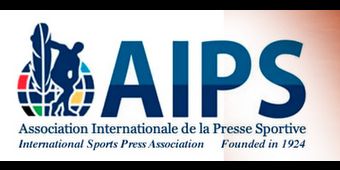 AIPS Media/ Hans van Essen - AIPS Judo Delegate Photo by IJF by Tamar Kulumbegashvili
AIPS Media/ Hans van Essen - AIPS Judo Delegate Photo by IJF by Tamar Kulumbegashvili
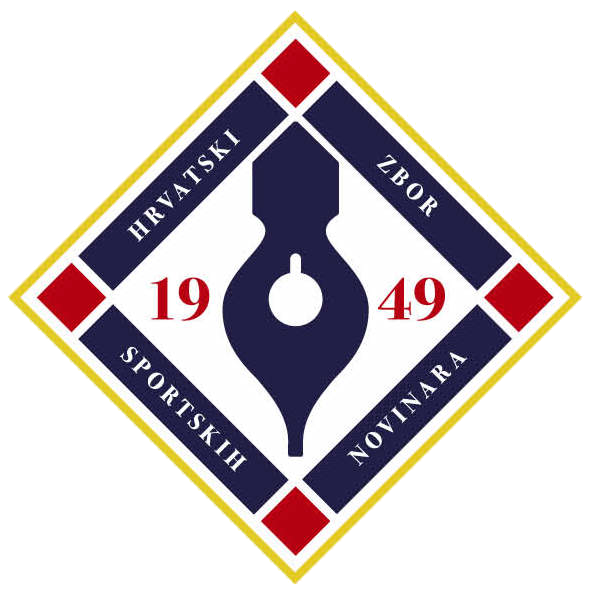
 EN
EN HR
HR




